Keywords: Irish In Australia
-
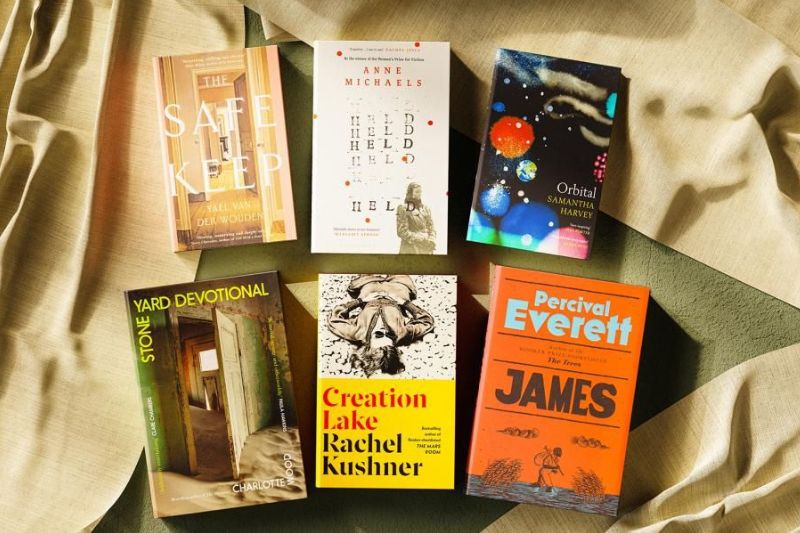
ARTS AND CULTURE
- Gillian Bouras
- 12 November 2024
5 Comments
As the Booker Prize winner is announced, the perennial questions resurface: What does winning truly mean for writers — and for readers? As public values shift, literary prizes ignite fierce debate about artistic merit, cultural relevance, and the commercial impact of awards. Can a prize still shape the future of fiction?
READ MORE
-

AUSTRALIA
- Michael McVeigh
- 21 October 2024
7 Comments
With King Charles and Queen Camilla’s pending arrival in Australia, I have a guilty admission to make. The older I’ve become, the more fondness I have for our constitutional monarchy. That’s not to say I wouldn’t welcome a move to an Australian republic. However, I’m cautious about the sort of republic we might make for ourselves.
READ MORE 
-

AUSTRALIA
- Claire Heaney
- 11 October 2024
Australia’s gambling culture, once seasonally grounded in the Spring Racing Carnival, has become a year-round obsession. From family sweeps to the rise of betting apps, gambling has become ingrained in the nation's identity, leaving in its wake a growing crisis of addiction, debt, and societal harm.
READ MORE 
-
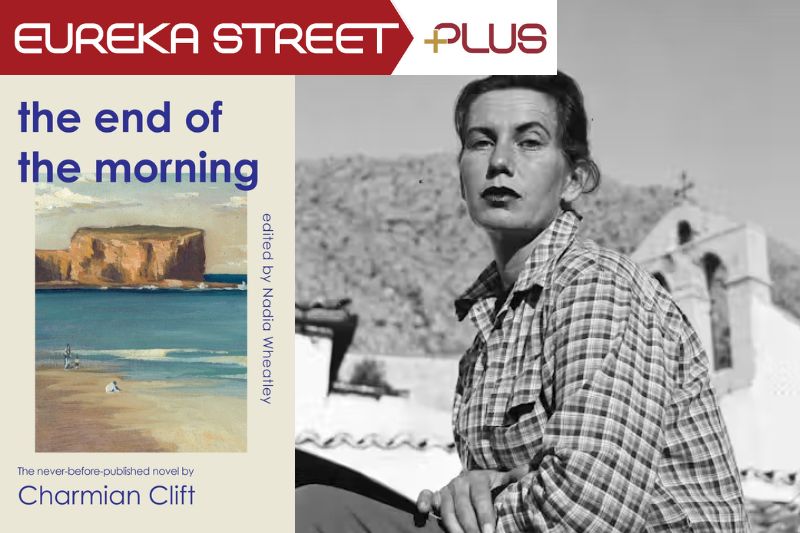
ARTS AND CULTURE
- Gillian Bouras
- 20 September 2024
2 Comments
The End of the Morning provides a rich reading experience, showing the reader an Australia that has been largely lost. But most readers will have a sense of dissatisfaction: they will want more. An unfinished novel, and an unfinished life.
READ MORE 
-
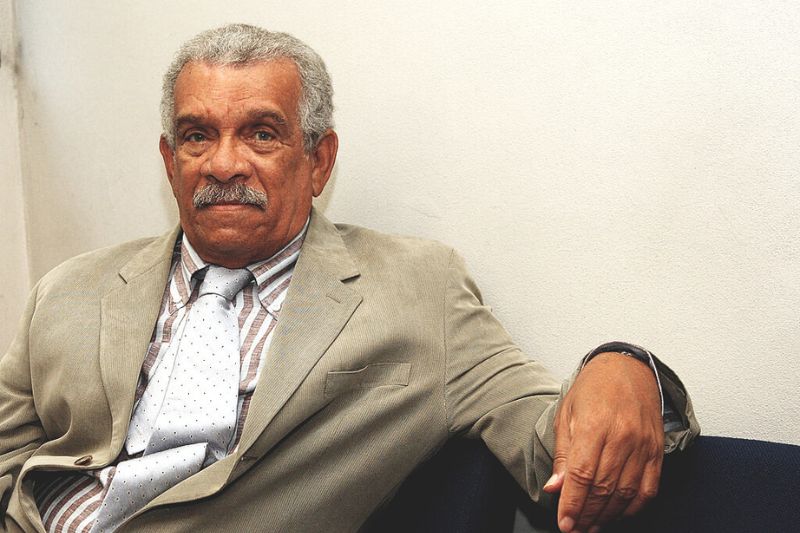
ARTS AND CULTURE
- Peter Steele
- 29 August 2024
1 Comment
Good poetry stops us in our tracks, visited as we are by whatever it is that has stopped the poet in his tracks. This agency may properly be, as in Walcott's case, something stemming from cultural marginality, from a fascination with the dramatic, from an equipoise between the lyrical and the epical, or from the interweaving of all these. (From the Eureka Street archives)
READ MORE
-
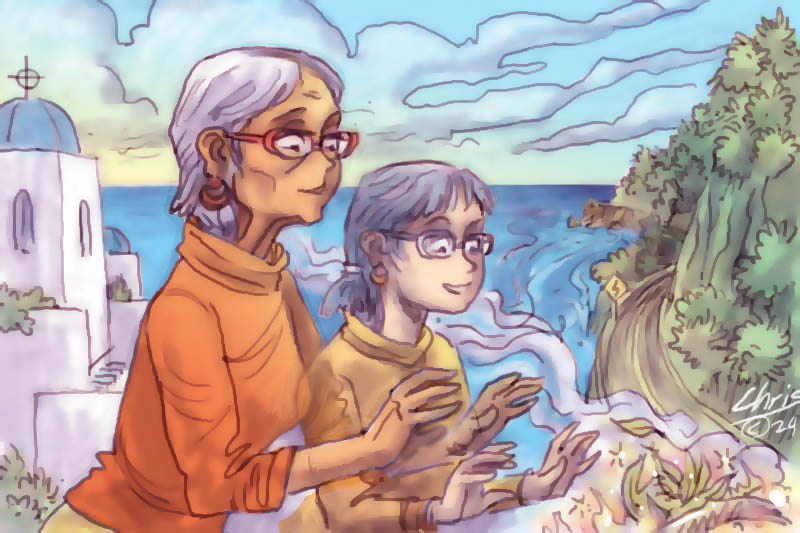
INTERNATIONAL
- Gillian Bouras
- 21 August 2024
6 Comments
In an uncertain world, the one certainty is that of change. Much like David Malouf’s idea that we are all exiles, even those of us who never leave home, for this is the effect that the passing of time has: familiar worlds become strange no matter where we are.
READ MORE
-
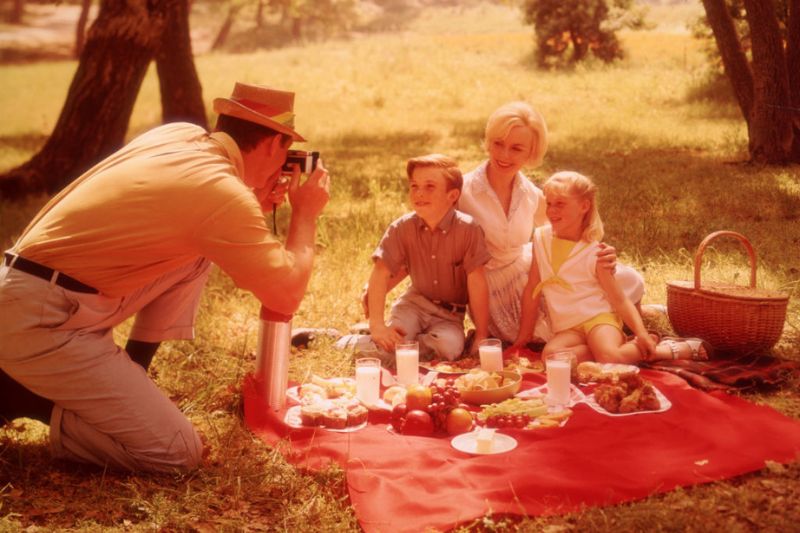
ARTS AND CULTURE
- Julian Wood
- 15 August 2024
I envy the dead / Their vague vantage point / the calm repose, almost smug, Their fail-less future / Their limitless horizon / Untrapped in time. Like you, looking down / From that faded fridge photo, With a kid clinging on either side. / Such a tight entity. A smile like no other.
READ MORE
-
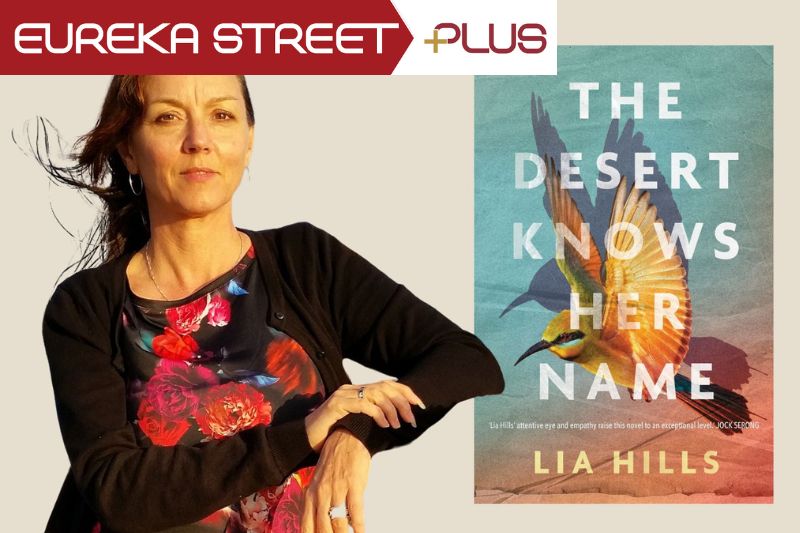
ARTS AND CULTURE
- Gillian Bouras
- 02 August 2024
Conforming and belonging to a genre, in this case, ‘post-colonial, outback noir eco-fiction’, does not mean that a novel is not worthy. With rich symbolism and lyrical prose, Hills challenges readers to confront uncomfortable truths about Australian history, land ownership, and the inescapable consequences of past actions.
READ MORE 
-

RELIGION
- John Warhurst
- 01 August 2024
14 Comments
In a troubling sign for Catholic reform in Australia, the National Council of Priests faces a dire membership crisis. Founded in 1970 to embody Vatican II's spirit, the organization now struggles to attract younger clergy. This decline mirrors broader challenges in the Church and may imperil efforts toward synodality and renewal.
READ MORE
-
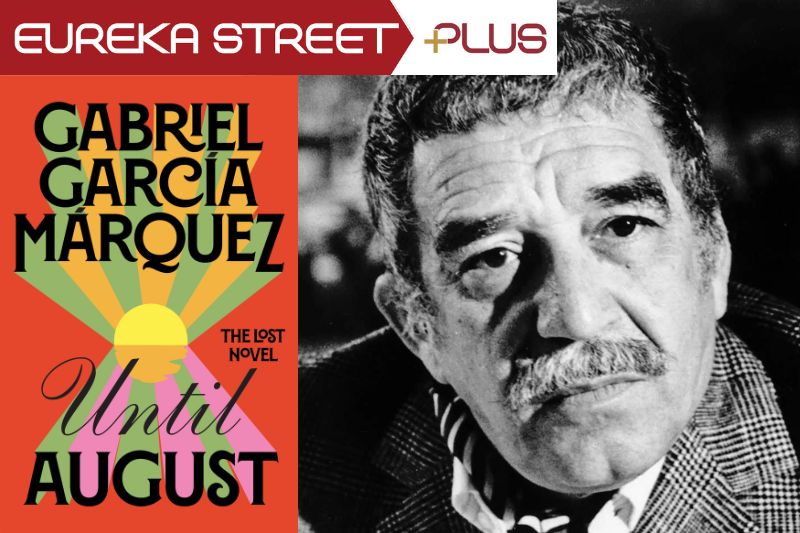
ARTS AND CULTURE
- Michael McGirr
- 19 July 2024
1 Comment
Published ten years after his death, Gabriel García Márquez's final novella Until August emerges as a testament to the enduring power of an author's voice. This unexpected gift from the master of magical realism raises provocative questions about authenticity, how we view dementia, and what exactly defines an act of creation.
READ MORE 
-

AUSTRALIA
- Julian Butler
- 02 April 2024
There is beauty in returning to places that experience has made so full of memory that they have become layered with meaning. Just as there is in hearing music that you have listened to at different moments of your life, and that is filled with meaning, not just for you, but even moreso for the artist standing before you and in myriad different ways for the audience with you.
READ MORE 
-
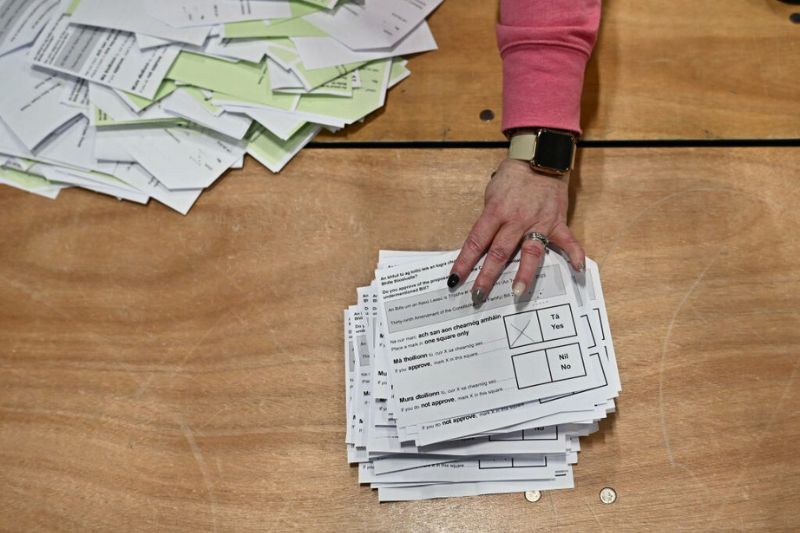
INTERNATIONAL
- Andrew Hamilton
- 21 March 2024
3 Comments
Much like Australia's recent Indigenous Voice Referendum, the recent Irish referendum sought to change constitutional perspectives on family and marriage met with overwhelming defeat. What does this reveal about the relationship between public sentiment and the process of enacting constitutional changes?
READ MORE